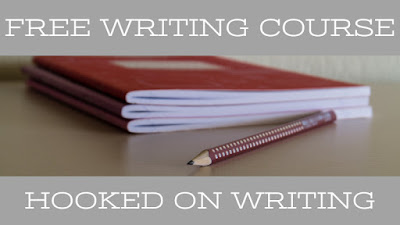A Quick Look at 5 Important Fiction Writing Elements, Setting, Plot, Character, Point of View, and Theme
by Ryker J. Phoenix
There are a few key elements that all good fiction writing share. These important elements are setting, plot, character, point of view, and theme.
Setting is one of the most important elements of fiction writing. The setting creates the mood and helps to establish the tone of the story. It can also be used to help the reader to better understand the characters and the plot.
Plot is another key element of fiction writing. The plot is what drives the story and keeps the reader engaged. It is important to have a plot that is interesting and has a clear beginning, middle, and end.
Character is another important element of fiction writing. The characters are what make the story come to life. It is important to create believable and interesting characters that the reader can care about.
Point of View is the writer's way of deciding who is telling the story to whom. Establishing a clear point of view is important because it dictates how your reader interprets characters, events, and other important details. There are three kinds of point of view: first person, second person, and third person.
Theme is the final key element of fiction writing. The theme is the underlying message of the story. It is what the story is really about.
Also see: Fiction Writing






.jpg)

.jpeg)
